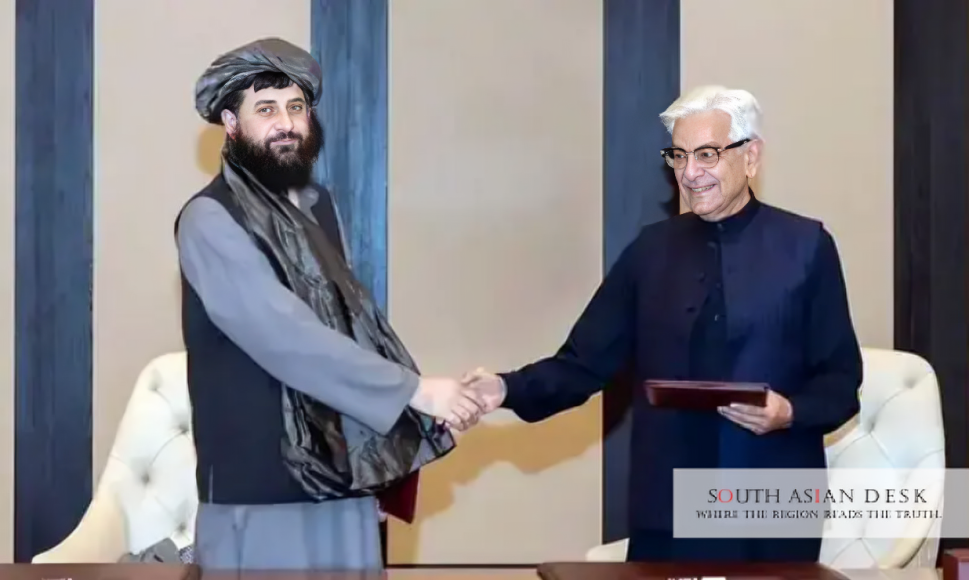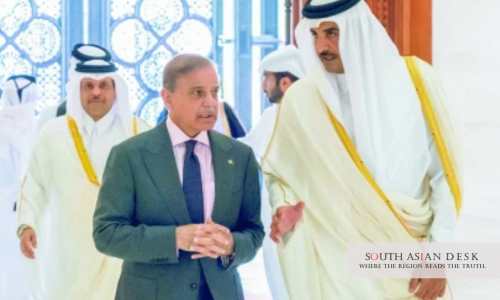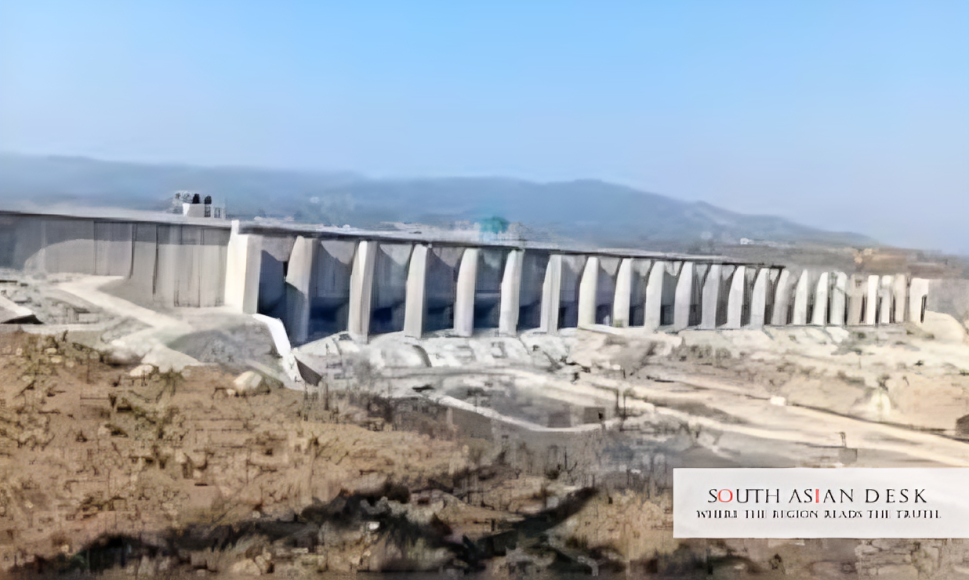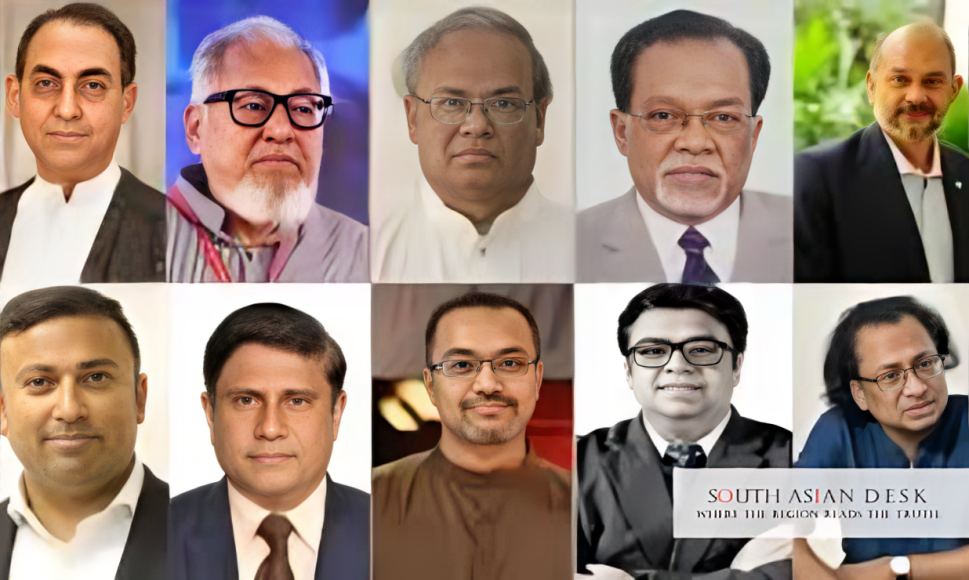Doha, Qatar – Afghanistan and Pakistan have agreed to an immediate ceasefire following Doha talks on Saturday, mediated by Qatar and Turkiye, ending a week of fierce border fighting that claimed dozens of lives and heightened regional tensions. The Pakistan Afghanistan ceasefire Doha talks mark a critical step for South Asia, where border instability threatens trade routes, refugee flows and counter-terrorism efforts across the volatile region.
Details of the Agreement
The ceasefire took effect immediately after the negotiations concluded late on Saturday, 18 October 2025. Qatar’s Ministry of Foreign Affairs issued a statement confirming the accord. “Afghanistan and Pakistan agreed to the ceasefire and the establishment of mechanisms to consolidate lasting peace and stability between the two countries,” the statement read. Both sides also committed to follow-up meetings in the coming days to monitor implementation.
The Pakistan Afghanistan border truce 2025 comes after intense clashes along the 2600km frontier, known as the Durand Line, which neither side fully recognises. Fighting erupted last week, with cross-border shelling and Pakistani air strikes targeting alleged militant hideouts in Afghanistan. A suicide bombing near the border on Friday, 17 October 2025, killed seven Pakistani soldiers and injured 13, according to security officials.
Afghan government spokesperson Zabihullah Mujahid confirmed the delegation’s arrival in Doha earlier that day. “As promised, negotiations with the Pakistani side will take place today in Doha,” he stated, noting that Defence Minister Mullah Muhammad Yaqoob led the Afghan team.
Pakistan’s delegation included Defence Minister Khawaja Muhammad Asif. Prior to the talks, Pakistan’s Ministry of Foreign Affairs emphasised the agenda: “The talks will focus on immediate measures to end cross-border terrorism against Pakistan emanating from Afghanistan and restore peace and stability along the Pak-Afghan border.”
Escalation and Accusations
The recent violence represents the worst since the Taliban regained control in Kabul in 2021. Pakistan accuses the Afghan Taliban of sheltering Tehrik-i-Taliban Pakistan (TTP) militants, who have intensified attacks inside Pakistan. Pakistani Army Chief General Asim Munir addressed the issue on Saturday: “The Afghan regime must rein in the proxies who have sanctuaries in Afghanistan and are using Afghan soil to perpetrate heinous attacks inside Pakistan.”
In response, the Taliban denies harbouring such groups and counters that Pakistan shelters Islamic State (ISIL) affiliates targeting Afghanistan. This mutual blame has strained relations between the former allies, who share ethnic Pashtun ties but a history of border disputes.
Casualties from the clashes include dozens killed and hundreds wounded on both sides, though exact figures remain unconfirmed. The fighting disrupted cross-border trade, vital for landlocked Afghanistan, and displaced communities along the frontier.
Background
Tensions between Pakistan and Afghanistan date back to the 19th-century Durand Line, drawn by British colonial authorities. Post-1947 independence, Afghanistan rejected the border, leading to periodic skirmishes. The Soviet invasion in 1979 and subsequent US-led war in 2001 deepened involvement, with Pakistan hosting millions of Afghan refugees.
Since the Taliban’s 2021 return, Pakistan has deported over 1 million undocumented Afghans, citing security concerns. This exacerbated friction, culminating in the 2025 clashes. The Afghan Taliban Pakistan peace deal, if sustained, could ease these pressures, but past truces have faltered over enforcement.
Economic stakes are high. Bilateral trade exceeds USD 1 billion annually, focused on goods like fruit, coal and cement. Instability hampers the China-Pakistan Economic Corridor (CPEC), a key Belt and Road Initiative component linking South Asia to Central Asia.
Regionally, the unrest affects India, Iran and Central Asian states. India views Pakistan’s border focus as diverting attention from Kashmir, while Iran deals with its own Afghan border issues. A stable Pakistan Afghanistan border truce 2025 could bolster counter-terrorism cooperation against groups like TTP and ISIL-Khorasan.
Implications for South Asia
The Pakistan Afghanistan ceasefire Doha talks underscore Qatar’s growing role as a mediator in regional conflicts, following its involvement in Gaza and Ukraine talks. Turkiye’s participation highlights Ankara’s influence in Muslim-majority nations.
For South Asia, the truce offers breathing space. Persistent violence risks spillover, fuelling extremism and migration. The UN estimates 3.7 million Afghan refugees in Pakistan, straining resources. A durable Afghan Taliban Pakistan peace deal could facilitate refugee returns and economic ties, benefiting the South Asian Association for Regional Cooperation (SAARC).
However, scepticism persists. Analysts note that without addressing root causes like militant sanctuaries, the ceasefire may prove temporary. “Mechanisms for verification are crucial,” said a regional expert, though no specific details emerged from the talks.
What’s Next
Follow-up discussions are slated for the coming days, with detailed talks potentially on 25 October 2025, according to Pakistani sources. Both nations aim to establish joint patrols or monitoring posts along the border.
International observers, including the UN, may be involved to ensure compliance. Qatar and Turkiye have pledged support for implementation. Success hinges on mutual concessions: Pakistan seeks action against TTP, while Afghanistan demands an end to air strikes. In conclusion, the Pakistan Afghanistan ceasefire Doha talks provide hope for de-escalation, but sustained efforts are needed to transform this truce into enduring peace.
Published in SouthAsianDesk, October 19th, 2025
Follow SouthAsianDesk on X, Instagram, and Facebook for insights on business and current affairs from across South Asia.






